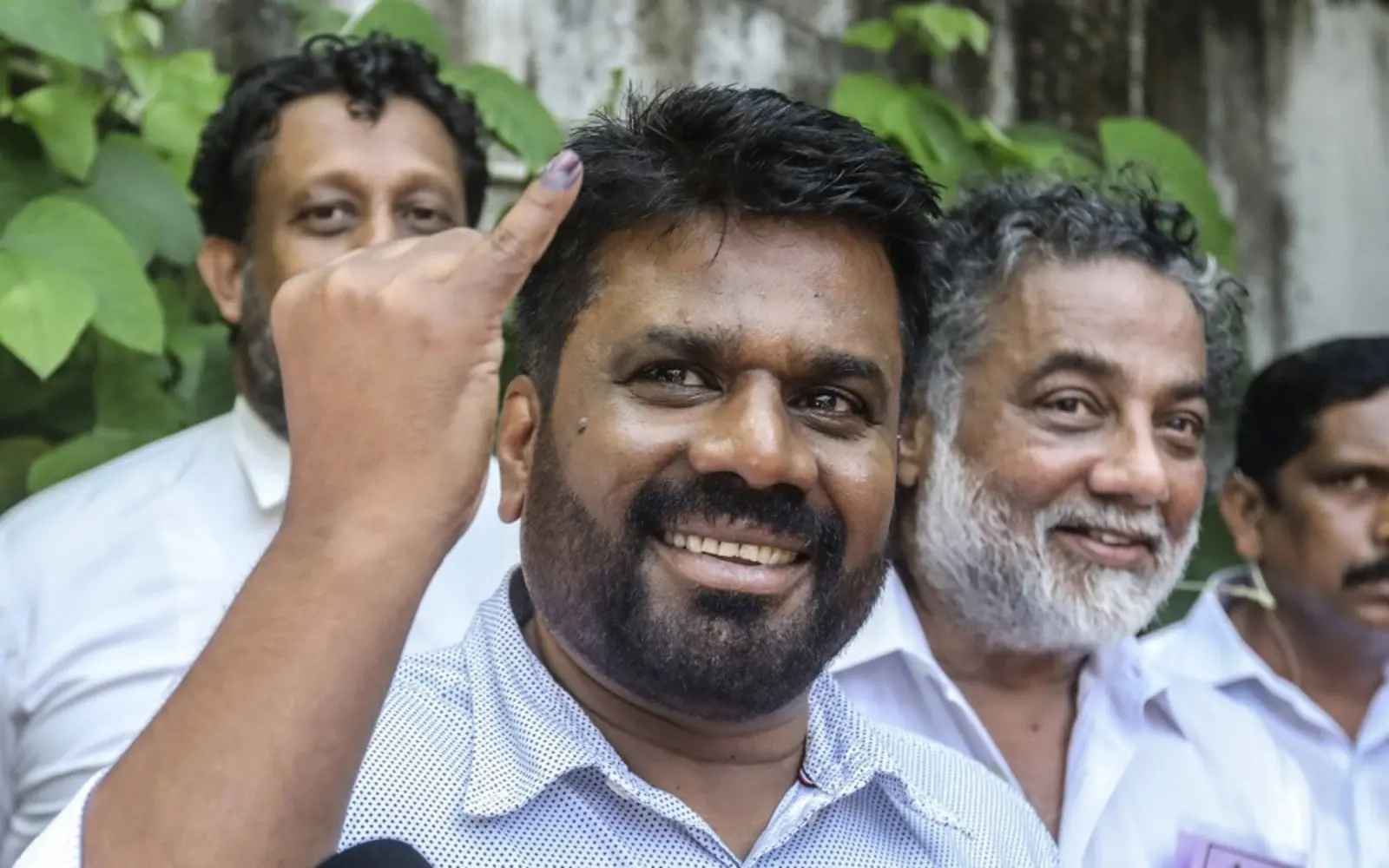
COLOMBO, Sept 22, 2024 (BSS/AFP) - The party of a Marxist leader on track
to win Sri Lanka's presidential vote vowed Sunday not to scrap the country's
unpopular $2.9 billion IMF bailout agreement, but instead renegotiate it.
Presidential candidate Anura Kumara Dissanayaka and his People's Liberation
Front will "not tear up" the IMF deal, party politburo member Bimal Ratnayake
told AFP.
"Our plan is to engage with the IMF and introduce certain amendments,"
Ratnayake said.
"We will not tear up the IMF programme. It is a binding document, but there
is a provision to renegotiate."
He said Dissanayaka had pledged to reduce income taxes that were doubled by
President Ranil Wickremesinghe and slash sales taxes on food and medicines.
"We think we can get those reductions into the programme and continue with
the four-year bailout programme."
Dissanayaka's rivals had raised fears that his Marxist party would scrap the
IMF programme and push the country back into an economic crisis similar to
the chaos of 2022.
A foreign exchange crisis led to shortages of essentials sparking street
protests which eventually forced then leader Gotabaya Rajapaksa to flee and
resign.
Ratnayake said the 55-year-old Dissanayaka would not allow the island to be
caught up in geopolitical rivalry between regional superpower India and the
country's largest lender China.
New Delhi has expressed concerns over what it sees as Beijing's growing
influence in Sri Lanka, which sits on vital shipping lanes through the Indian
Ocean.
"We have assured that Sri Lankan territory will not be used against any other
nation. We are fully aware of the geopolitical situation in our region, but
we will not participate in it.
"The international community need not harbour any fears regarding our
intentions... we will not engage in the power plays of any country,"
Ratnayake said.
At the same time, he stressed that his party, which led two armed struggles
in the early 1970s and late 1980s that cost the lives of 80,000 people, will
not adopt an isolationist foreign policy.
"No one should fear that Sri Lanka will be isolated under our
administration," he said at his office, which features portraits of Karl Marx
and other leftist heroes of his party.
"We will only strengthen Sri Lanka's international relationships, not
diminish them."